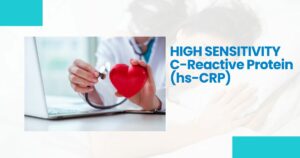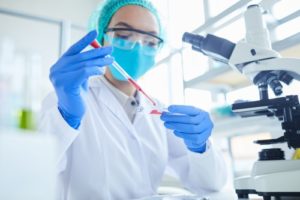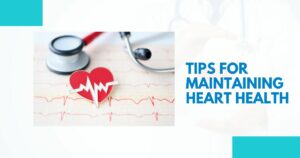What is breast cancer:

Breast cancer is when cells in your breast start to grow and divide rapidly and irregularly, thus creating a mass of tissue called a tumor.
Risk factors of developing breast cancer:
– Being a female (breast cancer can occur in men too, but its more common in women)
– Elderly age
– Genes/family history of cancer
– Radiation exposure
– Obesity
– Personal history of cancer/breast cancer
– Alcohol consumption
– Smoking
Symptoms
– Mass or lump (the size could be as small as a pea)
– Change in size or shape of your breast
– Change in feel or appearance of skin on your breast or nipples (e.g., dimpling, flaking)
– Redness of the skin
– A noticeably different area on your breast compared to other areas
How to check for breast cancer:
For a simple and at home test, you can perform a self-examination on your breast by feeling for any lumps or irregularities. This is not an accurate method of detecting for breast cancer, so it is strongly recommended to have regular checkups at a clinic.
At a clinic, they may do the same examination or give you an imaging test to see inside the breast. There are two common types of checking for breast cancer:
– Mammograms uses an X-ray to get a detailed image of the inside of your breast to look for any tumors or abnormalities. The process involves putting your breast between two plates and then beaming small amounts of X-rays on it.
– Breast ultrasounds uses high frequency sound waves to get detailed views of the inside of your breast to check for any tumors or abnormalities. The process involves placing gel on the skin of your breast and then pressing a transducer (probe) around your breast.
It is commonly advised for those 45 years old and younger to get a breast ultrasound while those that are older to get a mammogram. This is because mammograms are more accurate in less dense and more fatty breasts like with older people. However, having both an ultrasound after a mammogram is the optimal method for ensuring that no tumor is missed and to have a high accuracy of diagnosis
How it is treated:
Depending on the state of your cancer, your doctor may recommend a few ways.
Surgery is the most traditional and effective method of eliminating breast cancer. This may involve cutting out the cancer specifically (lumpectomy) or removing portions/the entirety of the affected breast (mastectomy). They both have similar survival rates, but a lumpectomy has a higher chance of the cancer returning.
Chemotherapy shrinks or kills fast growing cells in the body. This includes both cancerous and non-cancerous cells like hair. The process involves regularly (once every 1-6 weeks) injecting a concoction of toxic chemicals into your body that will kill the cells and prevent them from developing. Side effects like hair loss, exhaustion and chills are quite common, but chemotherapy is very quick working and effective in treating cancer.
Radiotherapy uses beams of radiation to shrink or kill the cancer in the breast. The process involves regularly (sometimes daily) coming to the clinic and having you lay on a table with a machine beaming rays of radiation directly on the cancer. Side effects include things like sore skin, exhaustion, loss of appetite.
Immunotherapy boosts your immune system to better identify and fight off the cancer. The process involves regularly (once every 1-6 weeks) injecting chemicals that improve the immune system into your body. Similar to chemotherapy and radiotherapy, immunotherapy has quite a few side effects (e.g., headache, aches, weakness), but is slightly slower in taking effect.
Why you should check for breast cancer:
Breast cancer often goes unnoticed, which is why regular checkups are highly recommended and important, especially if you have quite a few risk factors (e.g., female and have a family history of cancer). Similar to other cancers, the cancerous cells can metastasize if left unchecked, meaning it can spread to other parts of the body and create new tumors. This stage is considered stage 4 cancer and it is the most life threatening and uncurable. Treatment of stage 4 cancer is no longer to remove the cancer, but to try minimizing it and to try keeping you alive.
Therefore, regular, and professional checkups for breast cancer are extremely important, because cancer needs to be caught and treated early to be effective. So, a 1-hour trip to an ultrasound clinic every now and then is probably a much better deal than potentially having a cancer develop and metastasize into an unreturnable state.







